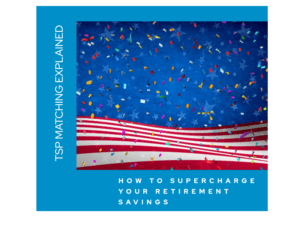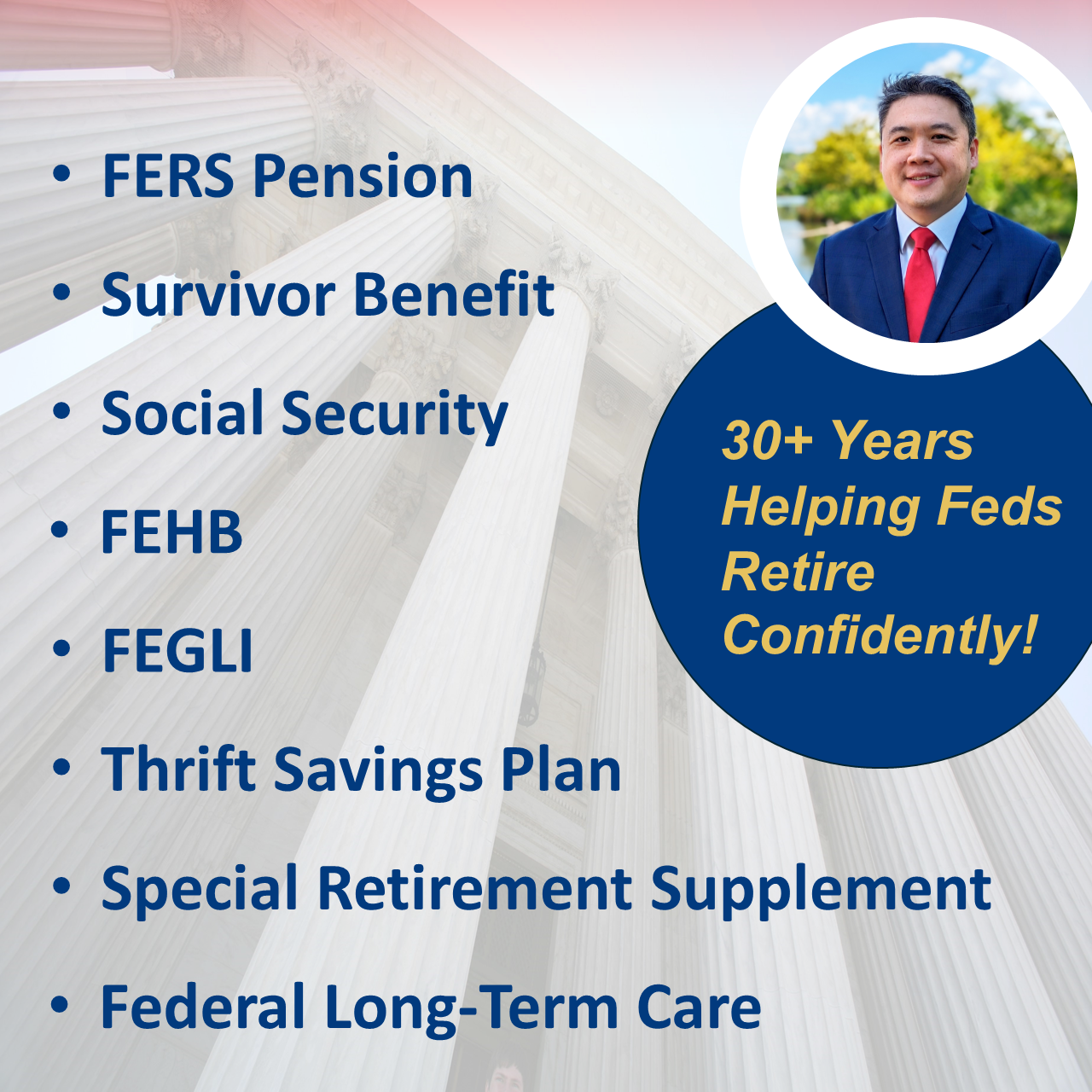When I first meet with someone, they often ask, “what is the difference between a financial advisor and a financial planner?” The critical difference is that advisors typically review investment options or focus on products. Often, they only focus on your investment portfolio and do not review your entire financial picture. As a consequence, one of the most significant gaps in a financial plan may be something you have never heard of before, The Umbrella Insurance Policy.
So what is an Umbrella Insurance Policy?
It is a type property & casualty (P&C) coverage that covers claims in addition to your auto & homeowners insurance policy. For example, your auto insurance will be the first to cover any claims and damages if you get into an automobile accident. However, if you were in a major accident, such as multiple cars or if you hit a structure, you may not have enough automobile coverage to cover all the damages. If that were to happen, you might be personally liable and expose yourself to liability. This is where an umbrella policy is necessary. It would pick up where your automobile insurance left off and pay any claims not covered by the automobile insurance policy. The umbrella coverage will also cover damages related to your primary home. It can also protect a second home or a vacation property. However, if you have rental properties, you will need to ensure that it is covered, or you may need a commercial policy.
The key to getting an umbrella policy is to ensure you do not leave any gaps in insurance. Because umbrella coverage is secondary, you still need automobile and homeowner insurance. Moreover, the umbrella policy may not pay until a certain claim level has been met. That means your auto/homeowner policy needs to cover you until that limit. On the other hand, there’s no need to have coverage beyond the limit since the umbrella will pick up and cover claims. Here’s an example:
Let’s assume we have an umbrella policy covering up to $1 million in damages. However, it only covers auto property claims after $100,000 in property damages.
So your coverage should look like this:
Auto insurance: Property Damage Limit $100,000
Umbrella Policy: $1 million
The coverage limit is met, and there are no gaps in coverage. However, the issue will arise if the auto insurance coverage is only $75,000. Since the umbrella insurance doesn’t start until $100,000 of damages, you may be liable for $25,000 in damages. On the other hand, if you have $150,000 of auto insurance coverage, you are paying for coverage that’s already covered by the umbrella policy.
To obtain an umbrella policy, you should consult your auto insurance company. The coverage starts at $1 million, and the typical cost is around $200~$400 a year, depending on your situation. It is also an excellent opportunity to review your insurance coverage with the agent. They should ensure that you have ample auto and home coverage to avoid gaps and ensure that your home is properly insured.
To summarize, insurance is often viewed as the foundation of financial planning. We can plan for purchases and future events we expect to happen. However, we need protection from unforeseen circumstances. An umbrella policy will help protect you and your assets from accidents and may offer additional protection from natural disasters as well.
Reach Out to Us!
If you have additional federal benefit questions, reach out to our team of CERTIFIED FINANCIAL PLANNER™ (CFP®), Chartered Federal Employee Benefits Consultants (ChFEBC℠), and Accredited Investment Fiduciary (AIF®). At PlanWell, we focus on retirement planning for federal employees. Learn more about our process designed for the career federal employee.
Preparing for a federal retirement? Check out our scheduled federal retirement workshops. Sign up for our no-cost federal retirement webinars. Make sure to plan ahead and reserve your seat for our FERS webinar, held every three weeks. Want to have PlanWell host a federal retirement seminar for your agency? Reach out and we’ll collaborate with HR to arrange an on-site FERS seminar.
Want to fast track your federal retirement plan? Skip the FERS webinar and start a one-on-one conversation with a ChFEBC today. You can schedule a one-on-one meeting to get started.










